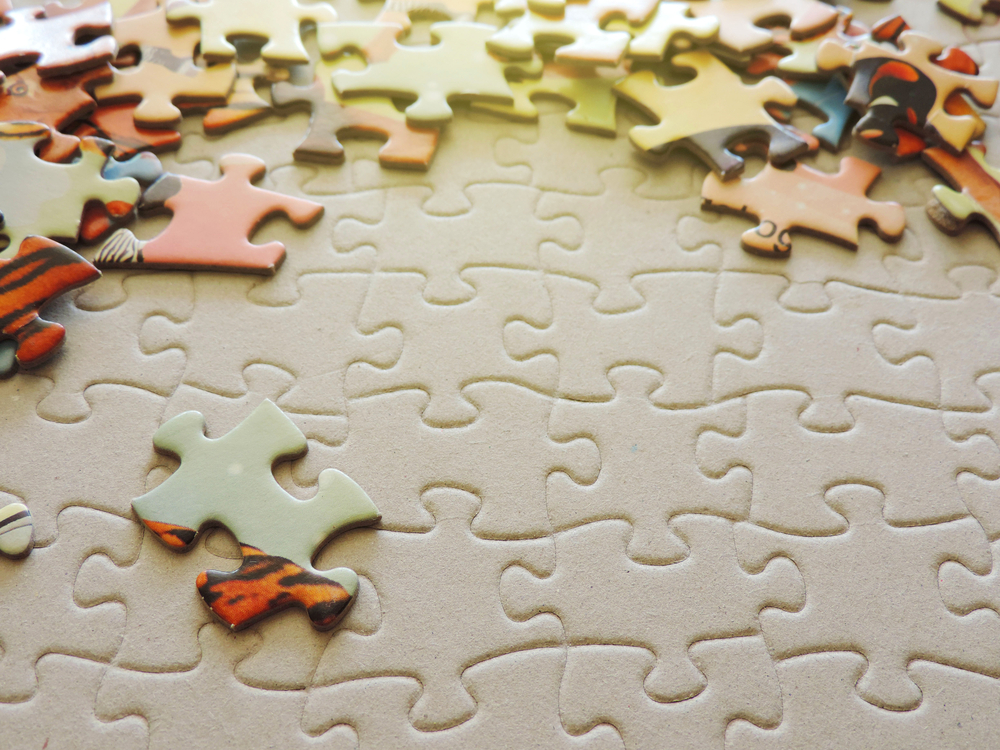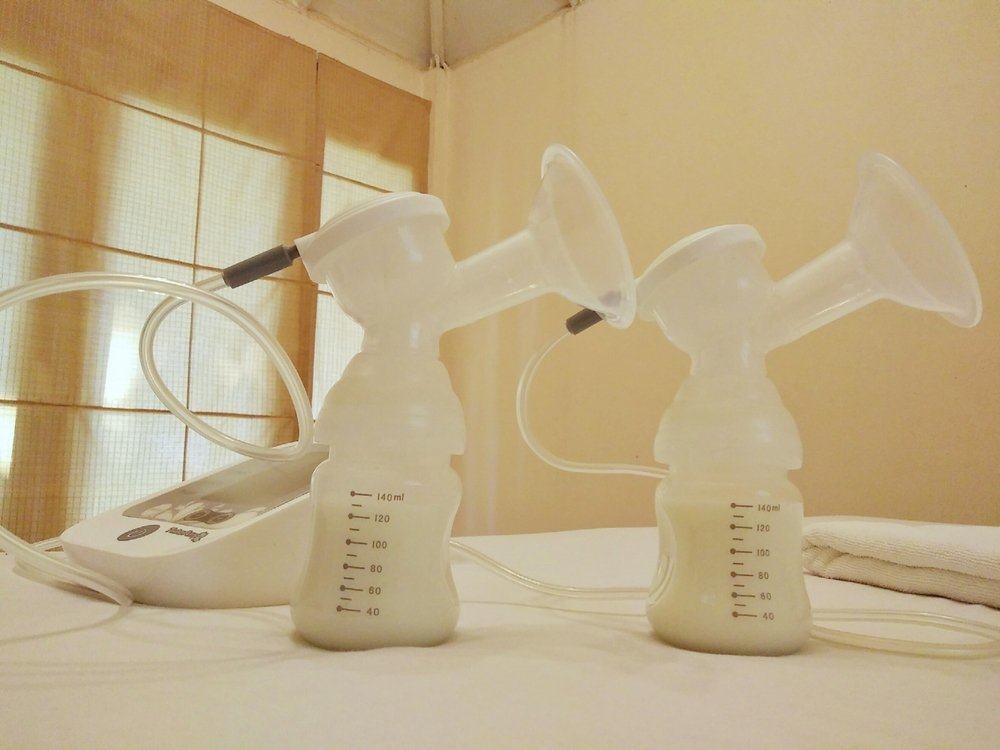Contents:
- Medical Video: Here are 7 hobbies that science says will make you smarter
- 1. Benefits of puzzles to strengthen short-term memory
- 2. Delaying dementia (senility)
- 3. Playing puzzles can practice problem solving skills
- 4. Increase brain spatial skills
- 5. The benefits of puzzles to improve concentration
Medical Video: Here are 7 hobbies that science says will make you smarter
Playing puzzles is an easy and fun way to practice brain function. The games that can be played by all ages from children to the elderly are very challenging and provide many benefits, you know. However, the benefits of puzzle play depend on various factors such as psychological endurance capacity, commitment level to solve puzzles, and whether someone does or chooses a puzzle that is more challenging to solve. Come on, start playing puzzles and pick up the various benefits of the following puzzles.
1. Benefits of puzzles to strengthen short-term memory
Playing puzzles can improve your thinking process. Puzzle play is useful for all ages, given that young people have thoughts and memories that are very easy to forge while adults and elderly people (elderly) are more vulnerable to weakened memory.
Well, playing puzzles is very useful for your short-term memory. Especially because playing puzzles require memory of form and color, plus imagination of a bigger picture, in determining what pieces are suitable.
2. Delaying dementia (senility)
Puzzle games can train the brain nerves to work properly, even though they are aged or elderly. A study shows that activities that stimulate the brain can delay the onset of dementia or senility in the elderly.
This is evidenced in a report from Bronx Anging Study, which includes data from 488 people aged between 75 and 85 years. At the start of the study, the participants had not shown signs of dementia. Participants then report how often they carry out activities that stimulate brain function, one of which is puzzle play. The more often playing puzzles, the longer there will be a decrease in memory in the brain.
3. Playing puzzles can practice problem solving skills
Playing puzzles for adults will challenge you to find a way to solve the puzzle and how fast it will solve. Every strategy you use to solve puzzles will train your mind to work efficiently in new and different ways. Puzzle play can also help your brain think harder in solving a problem.
4. Increase brain spatial skills
When you or a child matches one color to another, it trains spatial abilities that require physical and mental activity. You will also form a picture and spatial structure in your mind when playing a puzzle. At that time, the ability of the brain will develop and be able to make a picture in the mind, while producing imaginative and creative brain functions.
In addition to increasing spatial abilities, children will also get other puzzle benefits, namely expanding spatial vocabulary such as "indentation", "angle", "top", "bottom", "long", and "short".
5. The benefits of puzzles to improve concentration
In children with ADHD disorders, playing with puzzle pieces can help improve concentration and motor skills. Choose an interesting puzzle image, for example, your favorite cartoon character, so you don't get bored quickly.
However, don't forget to give a break in each game because activities that require concentration in the long run can be tiring for children with ADHD.












